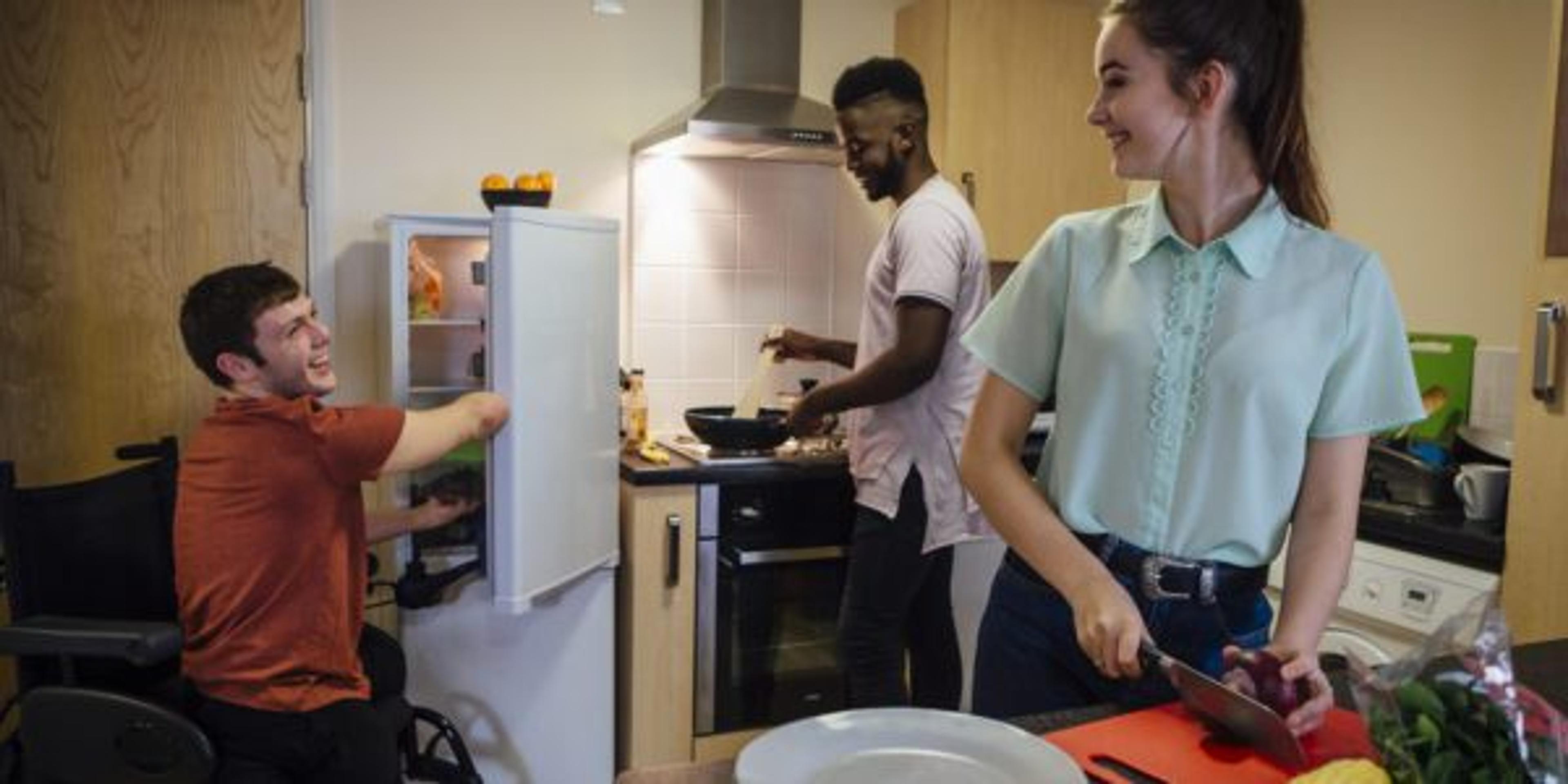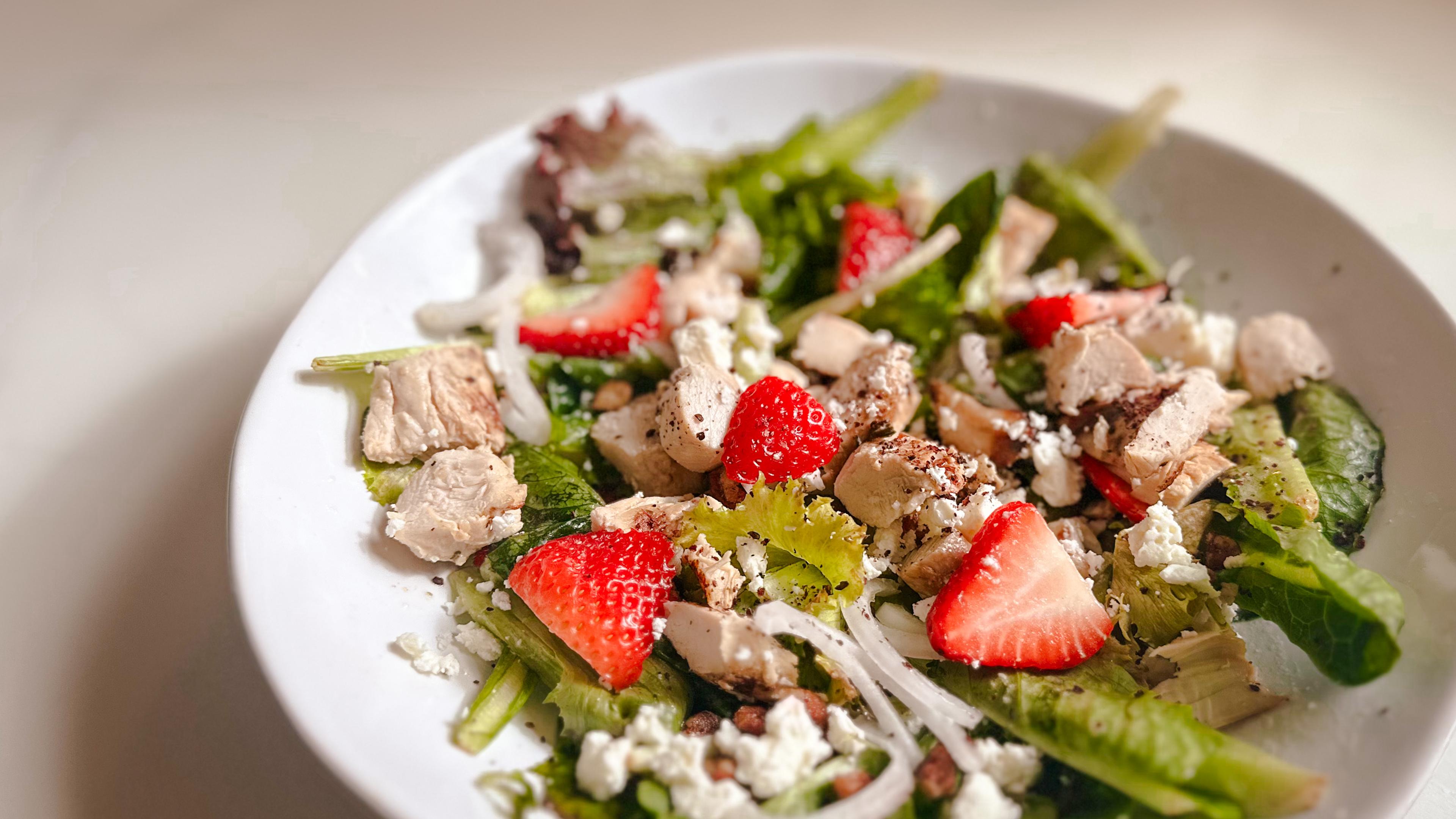Why Cooking is Good for Your Mental Health
Shandra Martinez
| 3 min read

Whether you’re peeling and slicing carrots to stir into a stew or shredding a cup of cheddar cheese to sprinkle into your vegetable quiche, cooking your favorite recipes keeps your hands and your brain busy. And while sometimes the thought of cooking a meal after a long day at work might make us groan, research shows there are lots of health benefits to making regular meals for ourselves. The physical health benefits are many. By cooking at home, we can use fresh, nutritious ingredients that taste great and are good for us. But fixing our own meals is also good for our mental health.
So how much are we really cooking at home? A 2019 U.S. study showed 33% of respondents fixed their meals at home more than five times a week. The highest percentage – more than 37% of those surveyed – averaged three to five meals at home each week. More than 8% of those surveyed said they cooked meals at home once a week, if at all.
Whether all these meals fixed at home are being done for convenience, cost-savings or love of home cooking, it’s important to understand that making food for yourself and your family and friends at home has more far-reaching benefits than just keeping you full. Let’s look at some of the positives for your brain.
Brain games. You might be following a written recipe or a cooking video on YouTube. Or you could be trying to match the items on your shopping list with your weekly meal plans. Either way, you’re using your brain to organize all the logistics behind the meals. Cooking is more than just sautéing and mixing. It’s planning and preparation that takes some mental gymnastics. It’s a good mental workout.
Routines. Cooking meals at home is a great routine builder. This is true if you’re cooking from scratch or heating up leftovers and adding in some side dishes. Meals are planned, the table is set and people come together at certain times of the day. For people who have anxiety or other emotional health issues, having daily routines that center around the home and mealtime can be a way to feel mentally in control.
Creativity. Everyone probably has a few go-to recipes they can cook and serve flawlessly – even if it’s just a great grilled cheese sandwich. But making meals at home also allows you to stretch your creative side and learn something new – which is good for your mental health. Whether you want to master a multi-step recipe like a spicy paella or get artsy by baking and decorating a cake, this can give your brain a boost.
Mindfulness. Cooking may not be as great as yoga for infusing you with calmness, but some people do find food prep to be very soothing, even a form of mindfulness. Slicing, chopping, mixing and blending are all done one act at a time. Some home cooks find that by focusing on one thing, they can melt away some of the day’s stress and then are rewarded with a great meal.
Social interaction. Cooking meals, fixing snacks and eating dinner is often a group event. Whether you are working side-by-side in the kitchen with your kids, your parents or good friends, cooking and eating are activities meant to be shared. When time in the kitchen or at the table becomes social interaction, this stimulates our brains and improves our overall cognitive skills and our mental health, according to the Cleveland Clinic.
Related:
Photo credit: Getty Images





